Useful tips for tattoo care
Permanent makeup is a service that has become very popular among women in the 21st century.
Permanent makeup offers the opportunity to look beautiful with minimal effort. However, achieving a quality result requires consulting an experienced and qualified specialist. A skilled professional can deliver neat permanent makeup that endures over time. Naturally, the work's quality depends on factors like the specialist's expertise, the quality of instruments and materials, modern equipment, and crucially, the sterility and safety of the procedure. Yet, beyond these factors, another aspect impacting the quality of permanent makeup is aftercare, without which the results may not meet expectations. Aftercare plays a pivotal role in preserving the outcome's quality. The durability and satisfaction with permanent makeup significantly depend on how meticulously you follow the specialist's guidelines and precisely execute the care procedures. Adhering to specific aftercare recommendations and guidelines ensures clients remain content with their choice and the high quality of the procedure for years ahead.
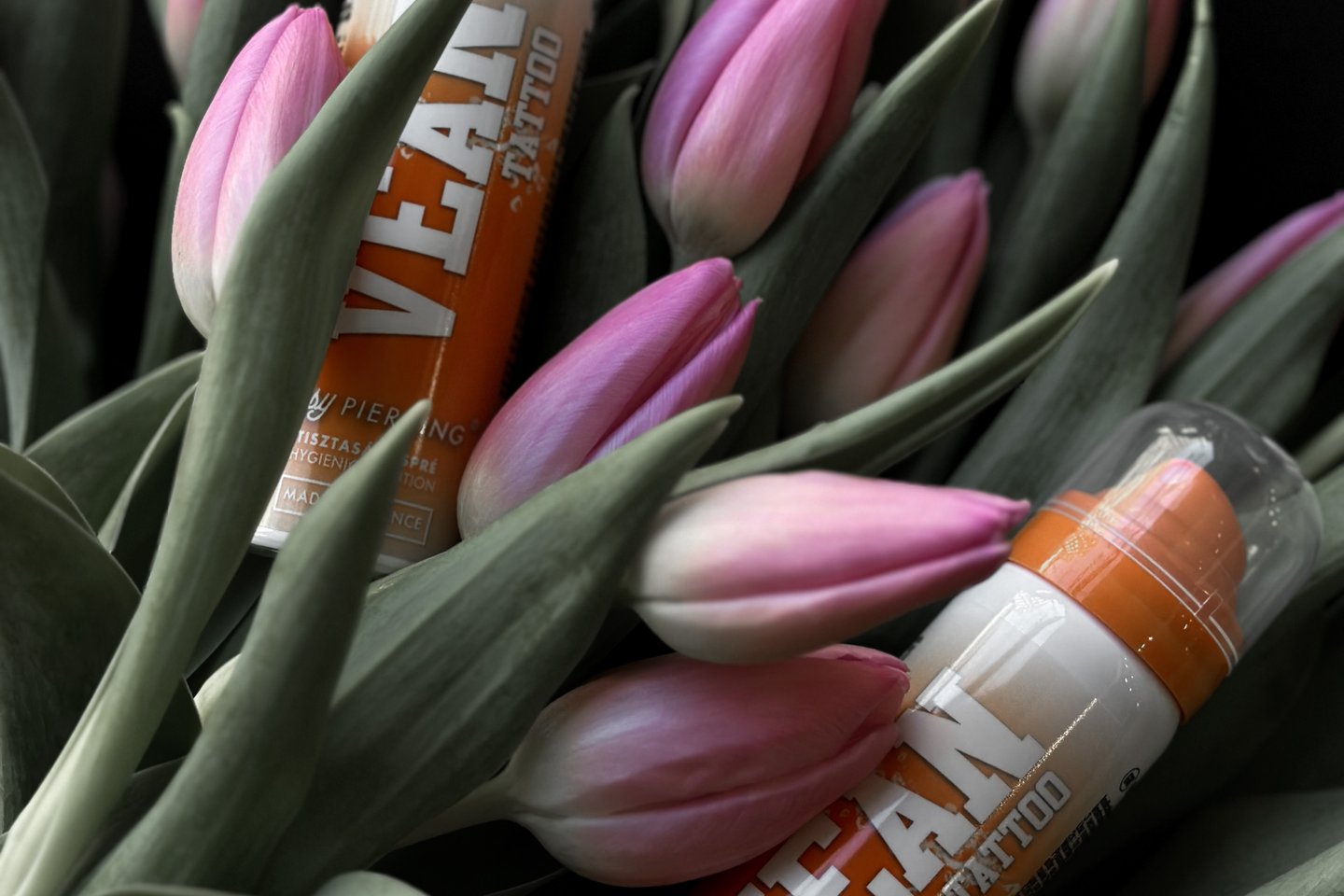
The healing process
The specific characteristics of the aftercare depend on the particular type of procedure and the area of the face where the permanent makeup is applied.
Although the aftercare is generally similar, each area has its unique considerations. For instance, the aftercare for lip and eyebrow permanent makeup differs slightly. For proper aftercare, it's crucial to understand the specific needs of each area and adhere to the specialist's guidance. After applying pigment to the eyebrows, a crust will form, which naturally falls off over time. Initially, the pigment shade may appear two shades lighter, but as healing progresses, the color will soften, ensuring you need not worry if it seems the specialist hasn’t chosen the correct shade initially. Regarding the eyelids, experiencing swelling post-procedure is possible, which should subside within four to five days. For lip tattoos, undergoing a herpes prophylaxis course is essential to avert adverse effects. Just like with eyebrows, the vibrant pigment on the lips will tone down after the dermis heals. The specialist will provide a comprehensive guide to all stages of aftercare and healing post-procedure, including preventive measures against complications.
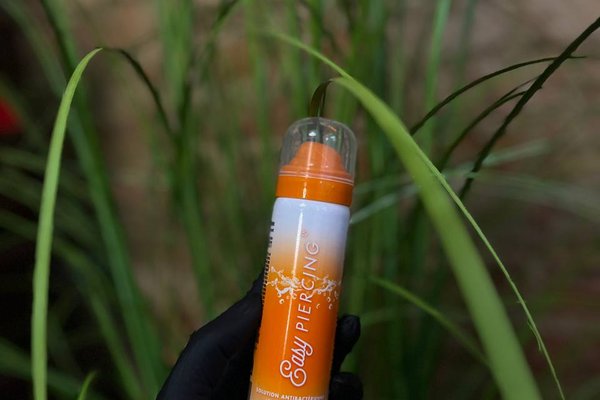
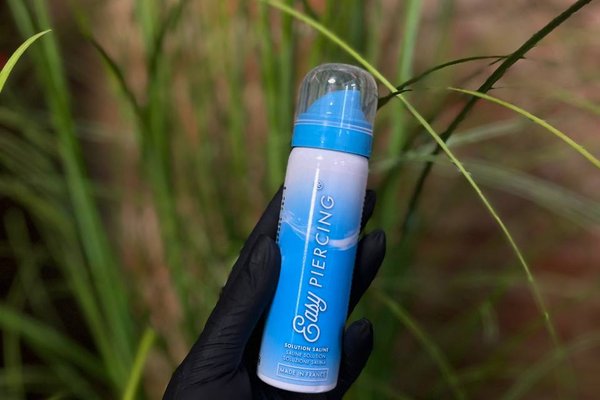
Aftercare of permanent makeup in daily life
The aftercare of permanent makeup in daily life is straightforward; you just need to use special antiseptics and creams for skin regeneration every day.
It requires consistency more than effort. Immediately after receiving the permanent makeup and for the first few weeks afterward, it's necessary to use special creams for skin regeneration. The specialist will typically prescribe specific creams or ointments that are free from allergenic substances. Regenerative products should be applied in a thin layer to the affected skin to ensure healing progresses in stages. It's vital to prevent the treated area from drying out to avoid additional complications. To support skin recovery post-procedure, using anti-inflammatory creams and ointments is recommended, which should be applied no more than three times a day. Overuse is discouraged, and if you feel the cream isn't sufficient, you should consult with a specialist for an optimal care plan. Contacting a specialist and strictly using the recommended products is essential, as attempting to care for it on your own can result in adverse effects.
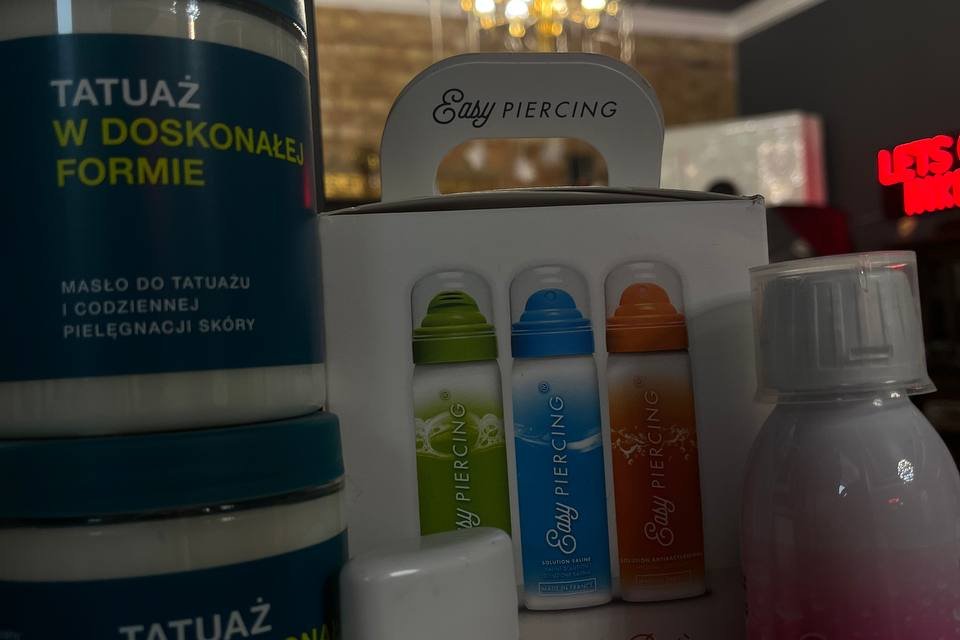
After permanent makeup, a crust forms on the treated area that protects the skin from external factors, such as dust and dirt.
It's crucial not to peel it off, despite the temptation, to avoid skin damage and scarring. Once the crust naturally sheds, you should continue to moisturize the skin for a week. Many wonder if they can apply makeup after the permanent makeup procedure. During the healing phase, it is advisable to forego makeup to prevent skin irritation. Additionally, applying creams or serums to the healing site may cause inflammation. Care for permanent makeup is essential in both warm and cold climates, as the treated skin needs extra caution. During winter and chilly autumn, protect the area from snow, wind, and rain, and avoid sudden temperature shifts. In the warmer months, the site requires protection from UV rays, making sunscreen necessary before stepping outdoors. If a vacation is upcoming, consider scheduling your permanent makeup session after you return. Consistent aftercare is key, and managing the treated area while on the move can prove challenging.
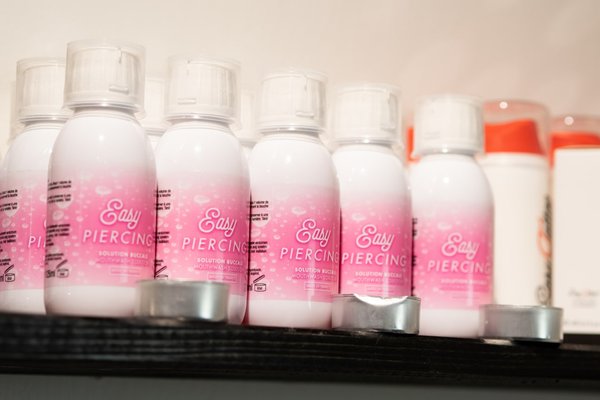
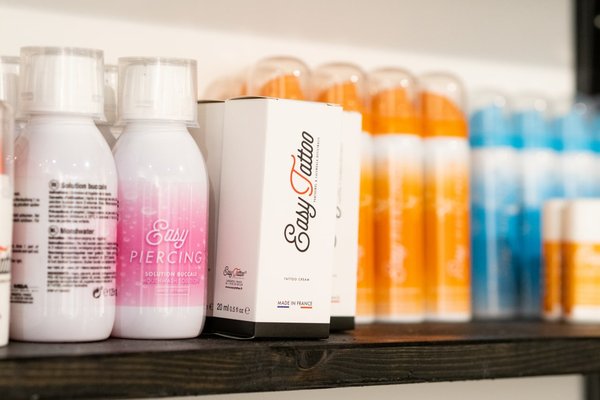
Recommendations for the Aftercare of Each Area
Each area of the face where permanent makeup has been applied requires its specific aftercare.
It's crucial to manage this carefully to speed up the healing process and avoid undesirable outcomes.
- Eyebrow Area
- For the first two to three days after the permanent makeup procedure, dab the eyebrows with a cotton pad moistened with an antiseptic solution that does not contain alcohol. Starting from the third day, apply a thin layer of healing ointment to the treated area.
- Eyelid Area
- After the permanent makeup application, the specialist prescribes a special ointment for this area. If swelling occurs, dry ice compresses can be applied by placing ice in a bag and applying it to the swollen area. The use of mascara, eyeliner, and eyeshadow is prohibited until the crusts have fully disappeared. Although the eyelids are a sensitive area, the healing process here can be quicker than for the eyebrows or lips.
- Lip Aftercare
- Before receiving a lip tattoo, the specialist should recommend specific and regular aftercare, usually involving anti-herpes medications prescribed before the procedure. These medications should continue for about a week post-treatment. Note that anti-herpes drugs should be in tablet form, not creams or ointments, to prevent pigment damage. Lip aftercare requires special attention. During the healing period, avoid drinking hot coffee or tea and consuming spicy or excessively salty food. Alcohol is also to be avoided. When brushing teeth, ensure toothpaste doesn't contact the lips. It's also important to avoid kissing until the crusts have entirely gone. Keeping your lips moisturized during the healing process is crucial.
- Before receiving a lip tattoo, the specialist should recommend specific and regular aftercare, usually involving anti-herpes medications prescribed before the procedure. These medications should continue for about a week post-treatment. Note that anti-herpes drugs should be in tablet form, not creams or ointments, to prevent pigment damage. Lip aftercare requires special attention. During the healing period, avoid drinking hot coffee or tea and consuming spicy or excessively salty food. Alcohol is also to be avoided. When brushing teeth, ensure toothpaste doesn't contact the lips. It's also important to avoid kissing until the crusts have entirely gone. Keeping your lips moisturized during the healing process is crucial.
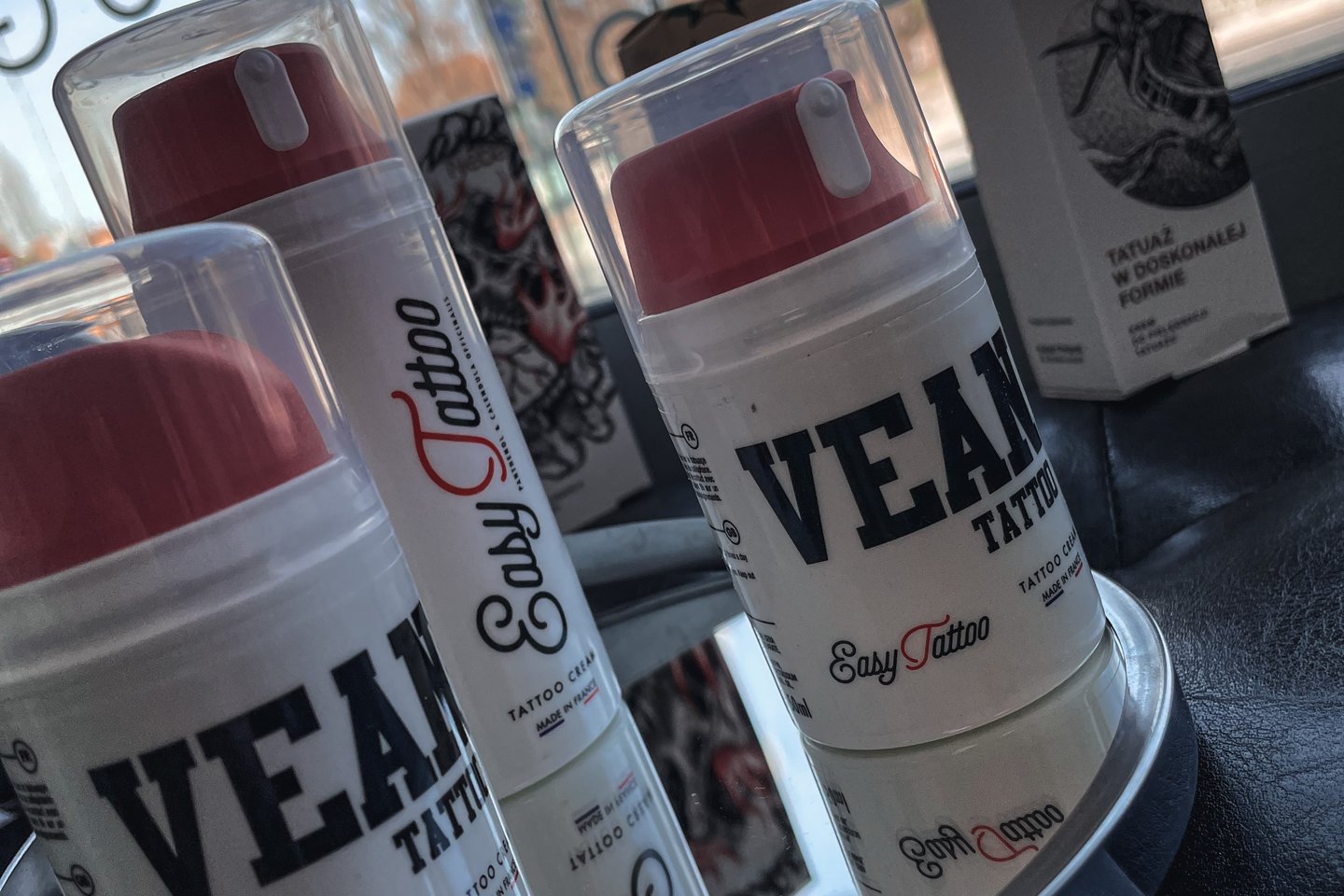
To achieve a high-quality result from permanent makeup, it's important to follow proper aftercare.
Even the smallest details can influence the final outcome, underscoring the importance of adhering to all of your specialist's recommendations. With consistent aftercare, the beauty and quality of the permanent makeup can be maintained for years. Should you have any concerns, refrain from self-treating and instead promptly consult with your specialist for guidance and instructions. In the event of inflammation, immediately reach out to a professional to avert significant issues. Aftercare for permanent makeup necessitates minimal effort; by heeding a professional's advice and regularly undertaking the recommended aftercare steps, you can relish your new appearance for an extended period. Permanent makeup aftercare products are available for purchase at our studio.
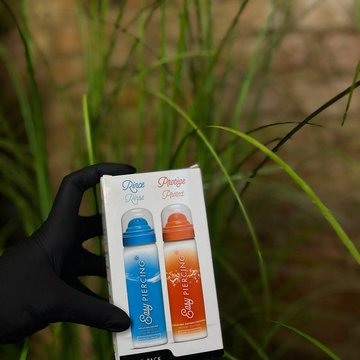
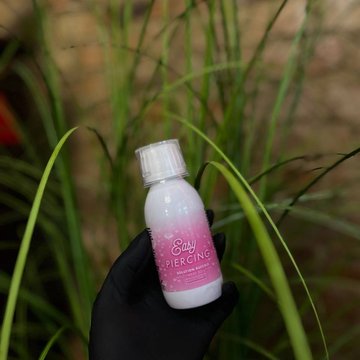
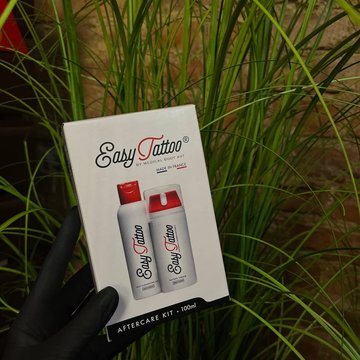


 Create a sketch in the VEAN TATTOO AI generator
Create a sketch in the VEAN TATTOO AI generator




